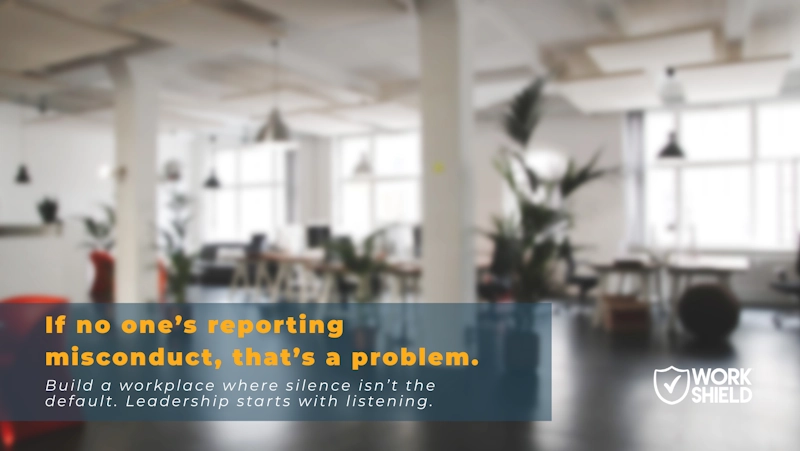June marks the beginning of National Employee Wellness Month, a time to focus on improving the well-being of employers and employees by encouraging healthy workplace habits and enhancing programs for improved physical, mental and emotional health.
Mental health issues have skyrocketed over the last year amid the COVID-19 pandemic. According to a study by the American Psychological Association, 8 in 10 adults reported the pandemic negatively impacted their mental well-being, with 7 in 10 experiencing increased stress over the course of the pandemic. The added stressors of the last year have made prioritizing professional well-being more critical than ever before.

Check out our breakdown below on employee wellness, including what it is, why it’s important and practical ways to prioritize it in the workplace.
What is Employee Wellness?
Employee wellness is defined as one’s personal satisfaction, attitude and enrichment of life achieved through work. According to the National Wellness Institute, occupational wellness is influenced by the choice of profession, job satisfaction, career ambitions and personal performance. For employers, professional wellness for employees can be achieved by creating a healthy work environment that encourages employees to improve their physical, mental, and emotional well-being in the workplace.
Why Prioritize Employee Wellness?
Research shows that adults spend most of their active life working, and therefore, there is a close link between work and an individual’s well-being. A recent study by the CDC indicates that investing in employee health may lower health care costs and insurance claims and can even reduce the total amount of employee sick days. Thus, it is important for employers to recognize the correlation of improved employee health and increased productivity and performance.
How to Improve Employee Wellness
Employers can improve employee well-being by encouraging employees to stay active by taking fitness breaks or using standing desks in the office. Additionally, group bonding activities outside of work can improve well-being and provide an opportunity to build and strengthen relationships with other employees. Employers should also prioritize mental health resources, tools and education for employees, such as solutions like Work Shield that help reduce toxicity in the workplace and provide an avenue for employee voices to be heard
Work Shield is committed to helping employers create an environment that improves employee wellness in the workplace. With a vision for creating open cultures comprised of integrity and trust, Work Shield’s solution sends the message to employees that the leaders within their organization value their well-being and are committed to fostering a positive workplace culture. For more information on how your organization can prioritize and improve professional well-being, visit: Work Shield
About Jennifer Pope Jennifer is the Co-Founder of Work Shield, the only start-to-finish workplace harassment and discrimination reporting, investigation and resolution solution that protects employees, employers and cultures at the same time. Jennifer’s background as an attorney fueled her desire to help others. She leverages her experiences from Hewitt Associates, Thompson & Knight, and SMU’s Dedman School of Law to help employers shift the paradigm related to workplace harassment to ensure that everyone has a voice. Connect with Jennifer on LinkedIn.





